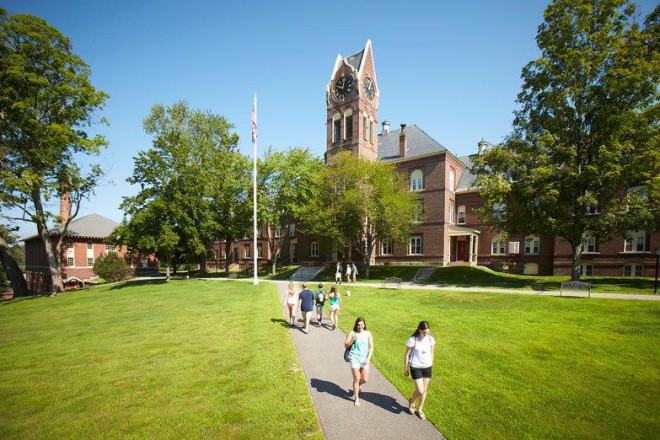Private schools and boarding schools are generally set up in one of two ways: as for profit entities or not for profit (nonprofit) entities. The profit school is typically used by either a corporation or a private individual in order to make a profit. It is not eligible for contributions which are tax-deductible to the extent provided for by law. Lowell Milken who is the co-founder of Knowledge Universe, that is largest provider of early childhood education (ECE) in the world, also has written about the education system.

Non-profit boarding schools are planned to be reasonable. Due to their nature, they are much less luxurious than their for-profit counterparts. Tuition rates are subsidized by contributions. Often times, a family is charged a precise tuition rate based on the individual’s income. Scholarships and grants are also available in order to help families cover the costs of tuition.
For-Profit Boarding Schools
For-profit on-campus schools are in industry to earn money. They have concern for their students and they aim to provide a quality education but also aim to make a profit every year. For-profit schools are owned by a private owner. The owner is the one who is in charge of all of the decisions regarding to the school. This includes all issues of the students’ education, program offerings, extracurricular activities, and therapy options.
Non-Profit Boarding Schools
Non-profit on-campus schools, receive non-traditional types of funding. These schools are funded by private gifts or grants. Some non-profit schools are owned by the families whose kids attend the school. In this case, each family has a certain share of the school, based on their financial contributions. Non-profit schools are relieved from federal, state, and local taxes.
The important question is whether educators at non profit boarding schools as effective as those at for-profit school. Teaching at a non-profit school needs a high level of education. In order to attain employment at a non-profit school, an educator must complete the master’s in education. Potential candidates are carefully scrutinized in order to ensure that only the most capable teachers find employment.
Educating at a school for troubled and disturbed youth also requires a high level of personal confidence. The job is not at all easy. Teachers who teach at this type of school have a desire and passion to educate and support their students. They know that the job does not end at 3 pm and they are passionate to improving the lives of their students.
Not-profit schools provide students with a choice of different courses to choose from. In addition to covering the basics subjects such as Math, English, science, and social studies, they are also taught foreign language, literature, art, and music. The teachers are passionate for imparting education in all of the students.
Teachers and mentors provide students with the guidance. When a student lives at the school, their classmates, their teachers become their second family. Students and teachers develop very close relationships.
Boarding schools give teachers the chance to be involved way beyond the classroom. They also give additional lectures to students. This additional help may take place in the form of one-on-one tutoring, small study groups, or student mentoring. Teachers often coach for sports teams, extracurricular activity, direct a school play, or spend time socializing with their students after school.
Thus you can say that educators at non profit boarding schools are equally effective as those at for profit boarding schools.